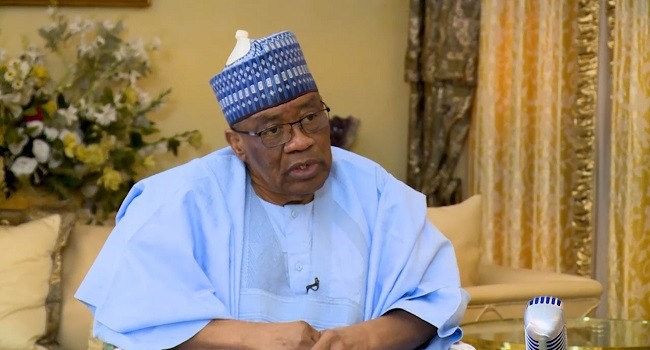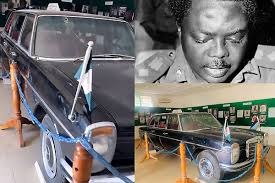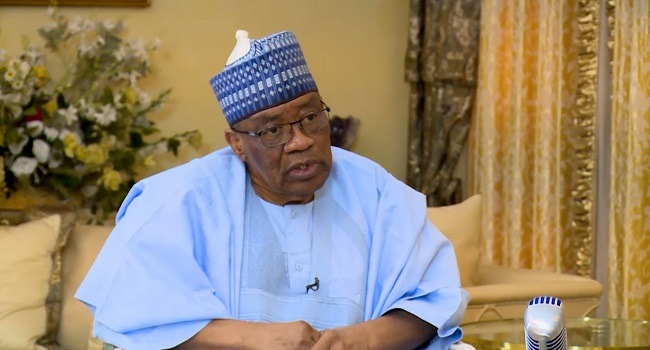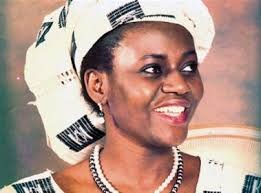Former Nigerian military president, General Ibrahim Babangida (retd.), continues to face criticism following the release of his autobiography, A Journey in Service, particularly for his role in annulling the historic June 12, 1993, presidential election. During a radio program, PUBLIC CONSCIENCE, produced by the Progressive Impact Organization for Community Development (PRIMORG) in Abuja, PRIMORG’s Executive …



